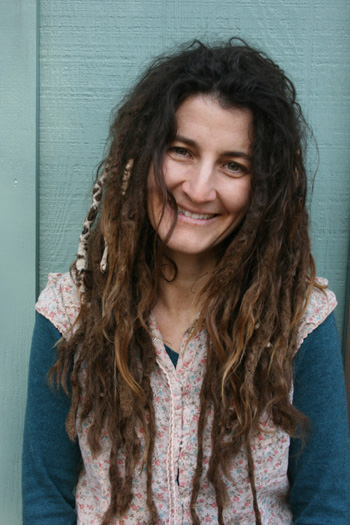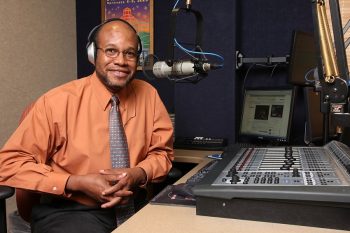‘I Am Not My Hair!’
 |
|
Mary Thames and her dreadlocks. |
by Mary Thames
After being turned down for three jobs in a row, explicitly because I have dreadlocks, I started thinking more about personal choice and human nature, and felt it would be worthwhile to share these thoughts in hopes of opening minds while freeing my own self of some of the judgments we humans can project onto one another.
There are seemingly endless ways to wear one’s hair. Hair is one of the first things you notice about a person: if it is dirty and unkempt, we tend to assume that person is not taking proper care of him- or herself. Somehow dreadlocks got tangled in there with societal impressions of dirty and unkempt hygiene. However, as someone who might be referred to as a “dreadie,” I can vouch that I wash my hair regularly and it is well tended to, only not by a brush.
The word dreadlock is relatively new, considering how long people have been wearing their hair this way.
People
from all over the world have worn locks since antiquity, from Egyptians
to Celts to Hindu Shiva worshippers of India. Some people say that even
Sampson of the Old Testament and John the Baptist wore locks.
When I learned about dreadlocks, I thought they were fascinating
and beautiful – if done well. I thought they were the most courageous
and powerful way of wearing one’s hair that I had ever seen. Soon I
realized that many folks had prejudices against dreadlocks, so I began
thinking dreads would be a good barometer for me to quickly deduce
people’s tolerance levels. If someone did not want me in their life
because I wore dreadlocks, then I thought it would probably be better
to not be engaged with them anyway. This hairstyle choice would nip
shallow relationships in the bud, allowing me to be more real with
people right from the start.
I was in Africa when my locks were first forming, and I spent
time with a couple from the Congo who talked with me about the power of
dreadlocks. They really ran me through the mill with questions to see
if I came out worthy for wearing locks. Their comments were:
“When you decide to grow dreadlocks, it changes you, for they do
not just grow out, but also in. First, they grow through your mind, and
change the way you think. Then, they grow through your eyes and change
the way you see. Next, they grow through your throat and change the way
you speak. And then, they will grow through your heart, and change the
way you feel. Did I know this?” they asked. Was I prepared to live into
this change? “Yes!” I replied, and that is why I had committed myself
to them.
I believe that having dreadlocks has changed me, by making me
stronger, more aware and accepting. Even so, I note the
misunderstandings and prejudices from many in the larger world, people
I want to reach through my work where they are currently comfortable,
and not scare them away because I don a long set of dreadlocks.
There is a song by India Arie called “I am not my hair” that
addresses some of these touchy subjects. When I heard it, it helped me
break through and write this article to continue to spread the message
that we are most always much more than we appear. As the town of
Asheville continues to draw unto it minorities of all colors, shapes,
styles and beliefs, becoming aware, open and conscious about your
beliefs on hairstyle choices seems like a good, simple step in the
right direction – of living together harmoniously.







